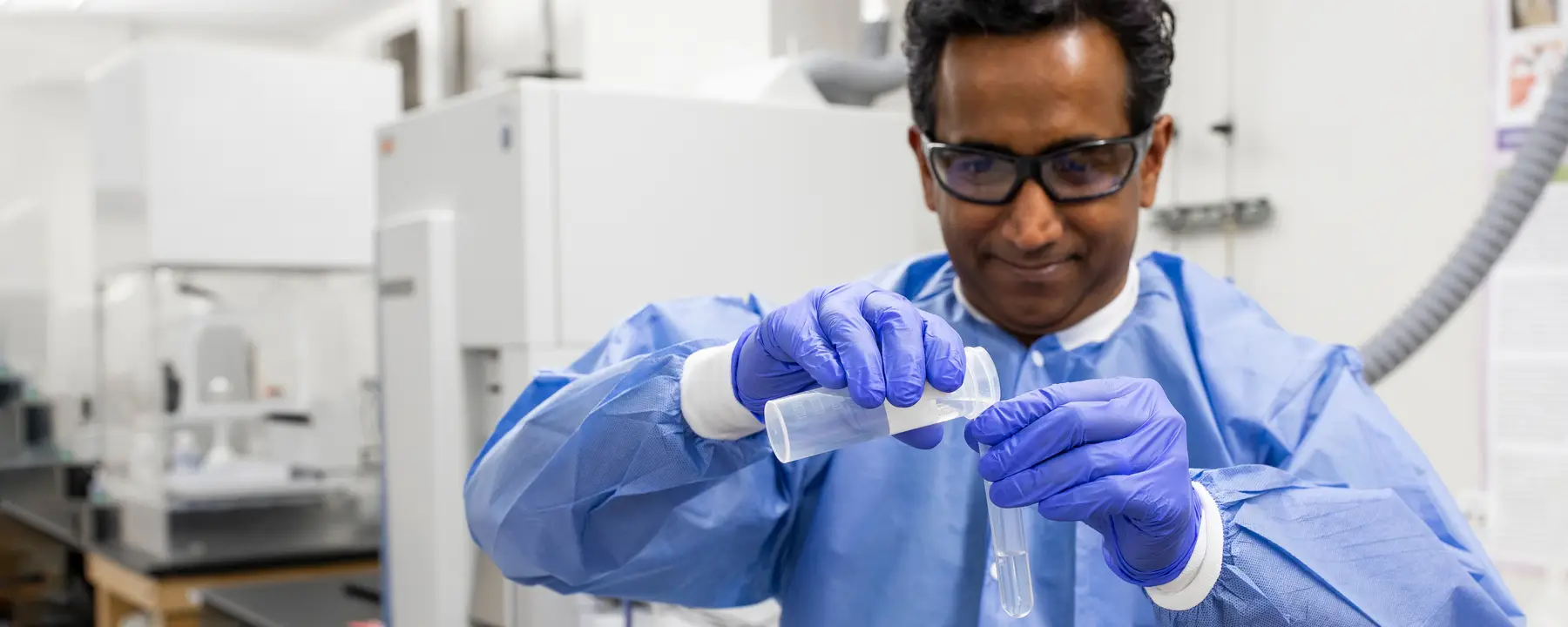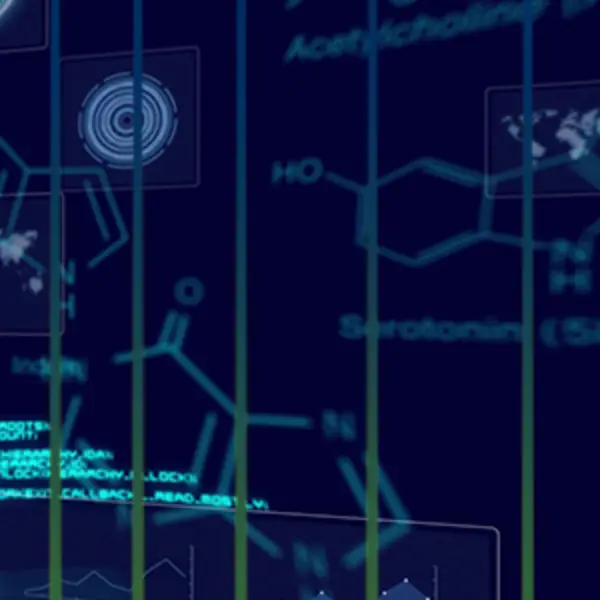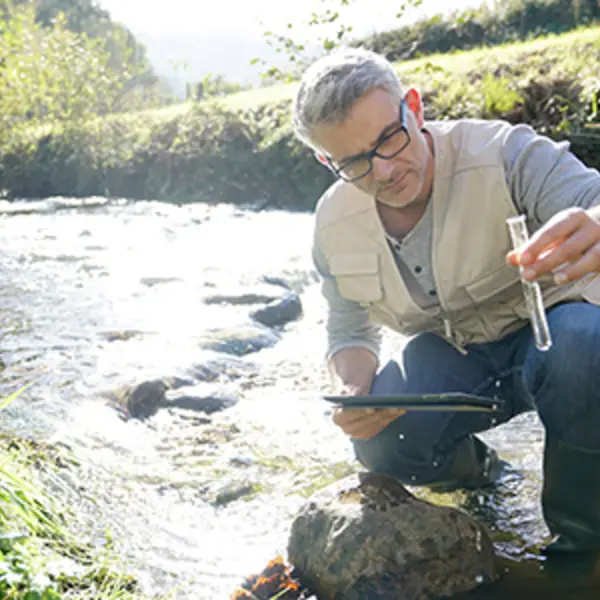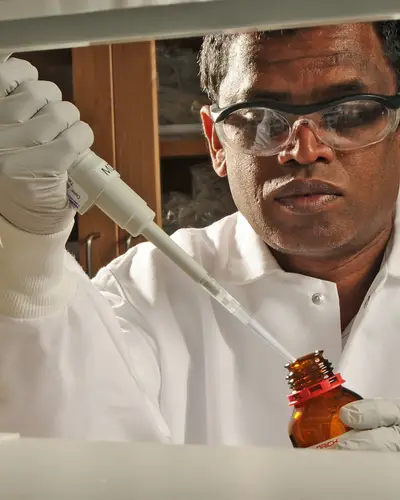Addressing PFAS contamination through integrated solutions to protect human health, preserve ecosystems, and advance innovation in alternatives.
Per- and polyfluoroalkyl substances (PFAS) are a group of 15,000+ human-made synthetic chemicals that have garnered significant attention due to their widespread use and persistence in the environment. Often referred to as “forever chemicals,” these compounds are extremely stable and therefore persist in the environment and human body for extended periods of time.
Whether you are a manufacturer searching for a PFAS replacement, a utility company needing to ensure compliance with regulations, or a business wanting to ensure access to clean drinking water, we will partner with you on a custom solution. Our comprehensive and scientific approach aims to tackle four critical aspects of the PFAS problem—Testing, Assessment, Remediation, and Alternatives.
Our Full-Scale PFAS Services & Capabilities
- Leveraging more than 120,000 square feet of advanced laboratory equipment and novel techniques including targeted and nontargeted analyses
- Collecting and analyzing PFAS in biological and environmental samples
- Offering testing kits to test for presence of PFAS in water in households and at scale
- Detecting the presence of and confirming type of PFAS in water, air, soil, human tissue, and other sources
- Supporting compliance with regulatory standards & creating reference standards
Featured PFAS Testing Project
RTI conducted a first-of-its-kind study to adapt an established PFAS testing method for drinking water for beer analysis and evaluate how municipal drinking water at brewing locations influences PFAS presence in beer.
Key findings included:
- PFAS Detection: PFAS were detected in most beers, particularly from smaller breweries near contaminated water sources. These beers had a higher likelihood of PFAS presence compared to larger-scale U.S. or international beers.
- Variability in Contamination: PFAS contamination was variable, even within six-packs of the same beer. Despite reduced use of longer-chain PFAS compounds, both PFOA and PFOS are still found in beers.
For complete findings, access the published study report.
- Conducting longitudinal studies to understand exposure and the human health impacts on specific populations
- Modeling and analyzing economic impacts of contamination on supply chains
- Completing exposure, site, and risk assessments to inform policy development and decision-making
- Recommendations for removing contaminants using solvents or other appropriate methods
- Development of custom chemistries to support PFAS destruction and capture technologies
- Advisory on specialized tools and technologies for effective PFAS mitigation
- Investigating and assessing replacement technologies and compounds to avoid unintended consequences
- Changing supply chain and manufacturing processes through safe and cost-effective alternatives

























